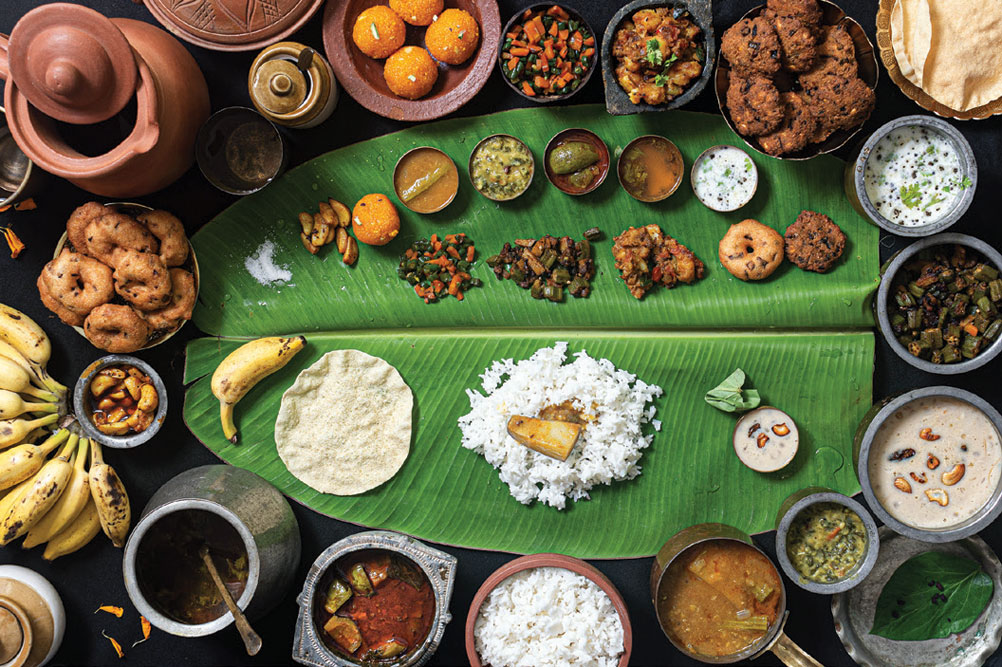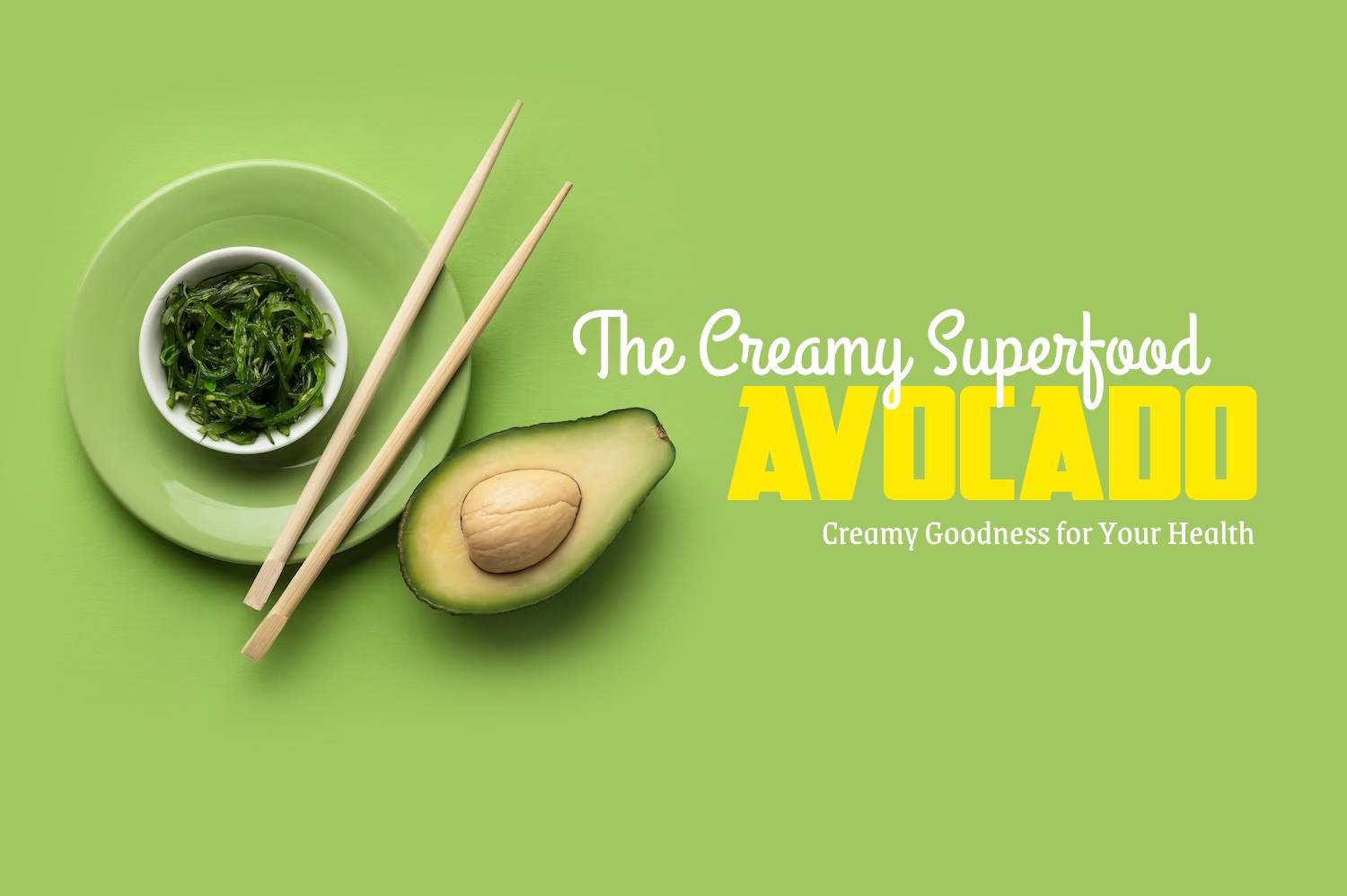The Origins of Butter Tea
Butter tea has been a staple in Himalayan cultures for centuries. It is deeply rooted in Tibetan traditions and is known for its energizing and warming properties. Historically, it served as a vital source of nourishment in the harsh mountainous regions, where the climate and altitude demanded high-calorie and warming foods and beverages.
Preparation Process
The process of making butter tea involves a unique combination of tea leaves, yak butter (or occasionally cow butter), and sometimes salt. Traditionally, it is prepared by steeping tea leaves in hot water for an extended period. The resulting strong tea is then mixed with butter and salt, and the mixture is churned or whisked until it achieves a creamy and frothy consistency.
Health Benefits of Butter Tea
- Energy and Warmth: Butter tea is known for its high calorie content, which can provide a quick and sustainable source of energy. The combination of fats from the butter and the stimulating effects of caffeine from the tea leaves can help combat fatigue and keep the body warm in cold environments.
- Nutritional Content: Butter tea contains essential nutrients, such as vitamins A, D, E, and K, as well as healthy fats. These nutrients play a crucial role in supporting overall health, brain function, and nourishing the body in demanding conditions.
- Hydration: While butter tea does contain tea leaves, it’s important to note that the tea is steeped for an extended period, which may reduce its caffeine content. However, the beverage still provides hydration and can contribute to your daily fluid intake.
Cultural Significance
Butter tea holds immense cultural significance in Himalayan communities. It is often served as a gesture of hospitality, and offering a cup of butter tea is a common way to welcome guests. The drink also plays a role in spiritual rituals and ceremonies, symbolizing warmth, connection, and community.
Variations and Adaptations
Butter tea recipes can vary across different regions and individual preferences. Some variations include the addition of spices like ginger or cardamom for added flavor and aroma. Modern adaptations of butter tea may use alternative fats like ghee or coconut oil, catering to different dietary choices and restrictions
Butter tea stands as a testament to the rich cultural heritage of the Himalayan regions. It offers a distinct flavor profile and potential health benefits. While it may not be a beverage for everyone, exploring the tradition and preparation of butter tea can provide a deeper understanding and appreciation for the diverse world of global tea culture. Whether you try it for its unique taste or as an homage to Tibetan traditions, butter tea offers an intriguing and nourishing experience worth exploring.











